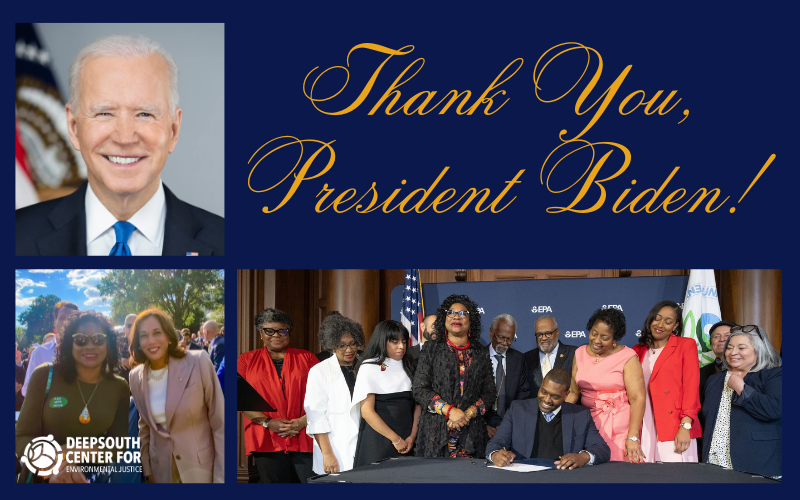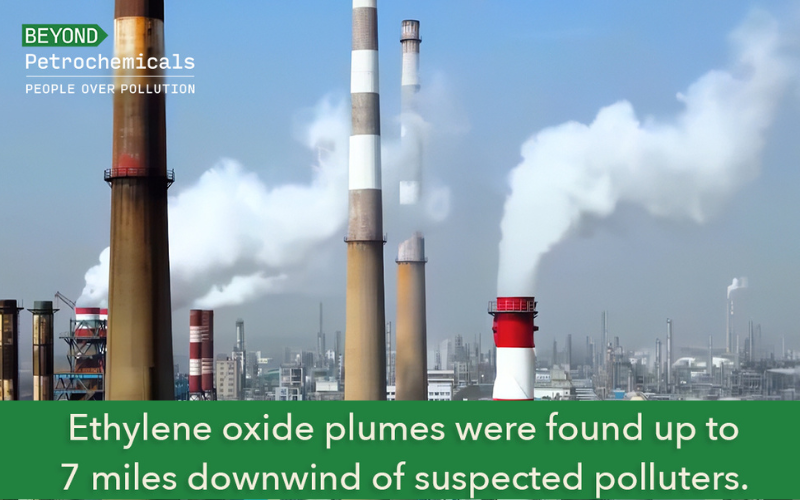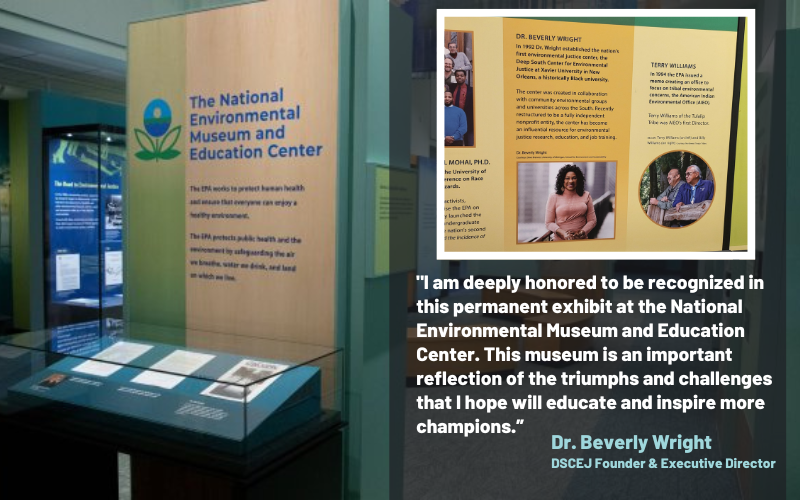May 12, 2023
NEW ORLEANS, LA – Following yesterday’s news of the EPA’s newly proposed pollution limits, Dr. Beverly Wright, Founding Executive Director of the Deep South Center for Environmental Justice, released the following statement:
“The steps the EPA is taking to limit deadly pollution from power plants are bold and necessary. The communities on the fence line of these plants, in most cases communities of color, have been suffering for decades as the fossil fuel power industry has been able to legally poison the water they drink and the air they breathe. The fight for stronger regulation of these polluting industries has been our mission for more than 30 years and we’ve worked with countless community advocates whose work on the ground has led us to this moment.
“In recent months, Administrator Michael Regan and the EPA have announced a string of new policies including proposed rules to strengthen standards on cancerous pollution and air quality standards. With each announcement, we are even more encouraged by the Biden Administration’s commitment to climate justice and protecting our fence-line communities. This is the type of action required to meet this moment in the crisis we are facing now.”
###
About the Deep South Center for Environmental Justice
Families in the Gulf Coast deserve to live in communities that are free from deadly air and are more resilient to climate change and extreme weather. The Deep South Center for Environmental Justice (DSCEJ) works to empower and engage communities to put environmental justice and equity at the center of all climate action. Led by environmental justice scholar and advocate, author, civic leader and professor of Sociology Dr. Beverly L. Wright, the DSCEJ uses research, education, and community and student engagement to advocate for policy change, lead health and safety training for environmental careers, develop social and emotional community wellness programs, and create new and environmentally healthy opportunities for the residents of communities disproportionately impacted by historic environmental injustice.







